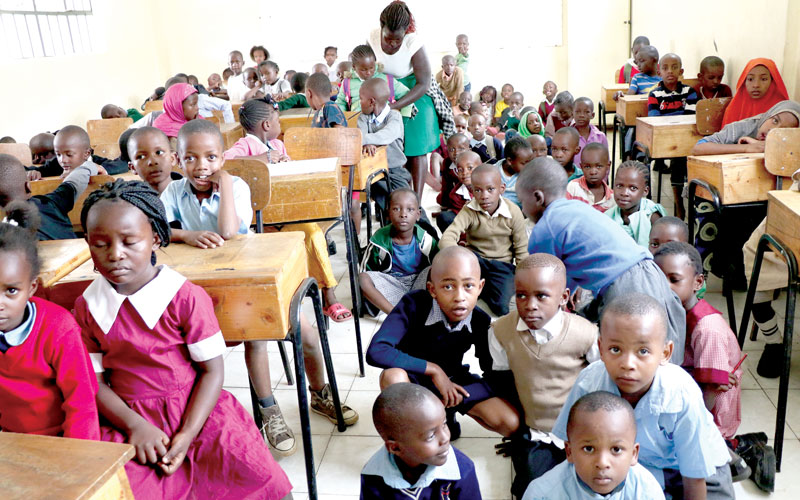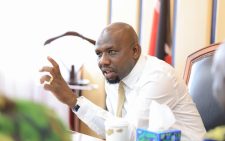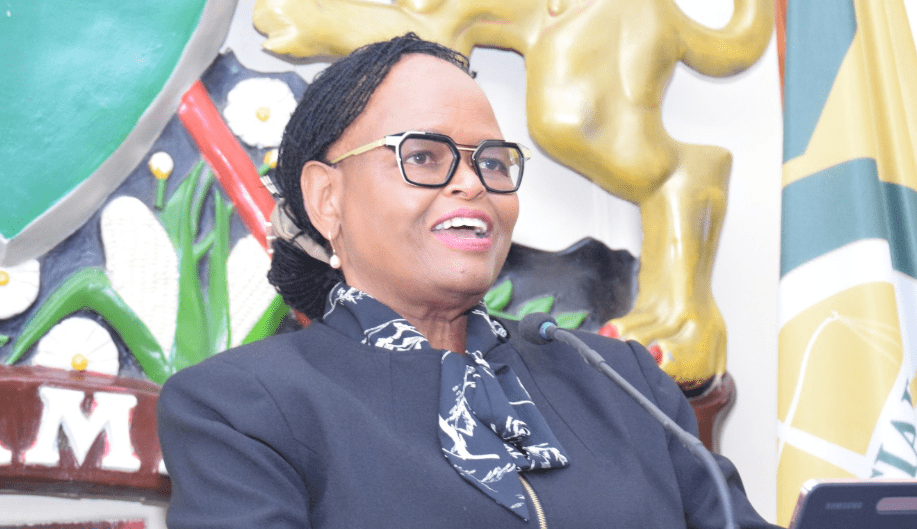How parents can help children broaden their minds

Children of middle class parents should have significant advantages, in educational terms, over the children of low class and semi-illiterate parents.
In general, middle class parents have had post-secondary education. They have the knowledge and the means to secure quality educational opportunities and experiences for their children.
Arguably, however, they don’t. The net effect is that children of middle class parents don’t have any solid advantage over counterparts whose parents are either poor or illiterate.
To the advocates of mass democracy this must be good news. The principles of equity demand that all possible distinctions in the provision of education, be obliterated. It is merrier if the children from elite social backgrounds drink from the same fountains of education without any advantage over the children from poor backgrounds.
Education is raising children as per the highest expectations and aspirations of society through schooling. A British sociologist of education Michael Young argued that the main purpose of school is to teach knowledge that enables students to understand and think beyond the limits of their own experience.
He described this knowledge as powerful. According to Young, powerful knowledge refers to what knowledge can do or what intellectual power it gives to those who have access to it.
It is powerful knowledge because, Young contended, it provides the best understanding of the natural and social worlds that we have and helps us go beyond our individual experiences.
And those who have it have the ability to explain the world in new ways of thinking.
The main purpose of school is enable young people to acquire the knowledge that, for most of them, cannot be acquired at home or in the community.
While such knowledge cannot be “acquired at home or in the community” we have a literate society that has developed reservoirs for such knowledge. Society has developed books, and now, the internet of things which act as storehouses of this knowledge.
Most parents, however, never buy books on general education that can be read for fun, adventure and for deepening and broadening the minds of their children. Parents are willing to buy books the schools recommend but are ignorant about books that can enrich the minds of their children.
We have great fiction and nonfiction books on virtually every branch of human knowledge that students should read whenever they are not attending official instruction. Middle class parents should ideally buy such books for their children—just in case, the school library has not stocked them.
The books, the libraries and the internet have materials that students can read and improve their grasp of the knowledge that can help them develop the desired intellectual and behavioural dispositions.
Reading of content of increasing intellectual and cultural rigour helps learners to develop their ability to grasp abstract concepts, apply logic in various scenarios, recognise cause and effect, and utilise good judgment.
Extensive reading of age-appropriate books also broadens the imagination and mental horizons of students. It is the fund of learning and imagination that builds technical talent and capacity—skills that employers look for in prospective employees.
What is more, wide reading enables students to acquire rich vocabulary and concepts and becomes easier for them to articulate whatever thoughts or ideas he/she has.
The irony is that elite parents are busy providing for the material needs of their children—the best schools, medical care, shelter and food. But they neglect to build the minds and intellects of their children by stocking good books at home or facilitating their children to visit public libraries.
The best thing middle class parents can bequeath their children are books that give them the opportunity to gain the powerful knowledge that intellectual and technical power to cope with and manage change in their lives and in the lives of institutions and society.
— The writer is communications officer, Ministry of Education











